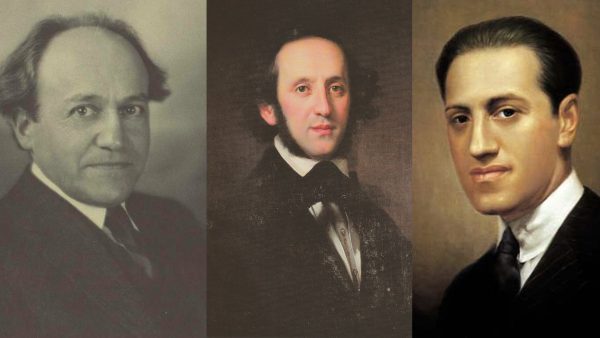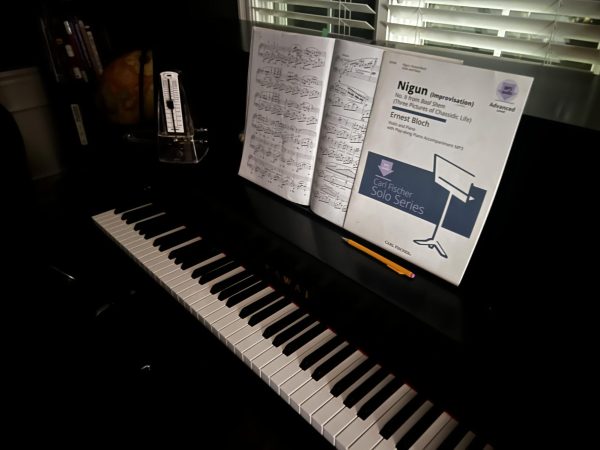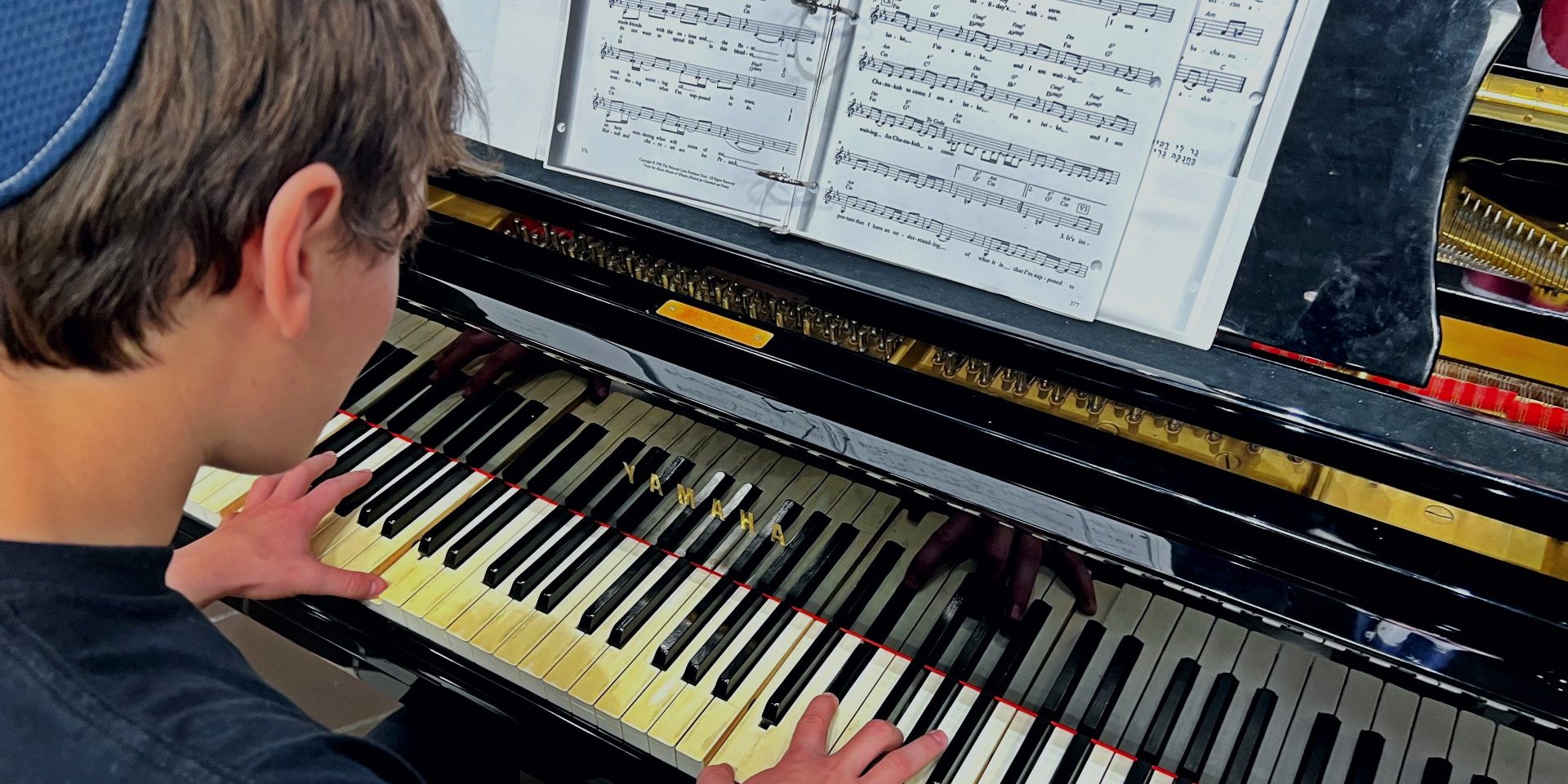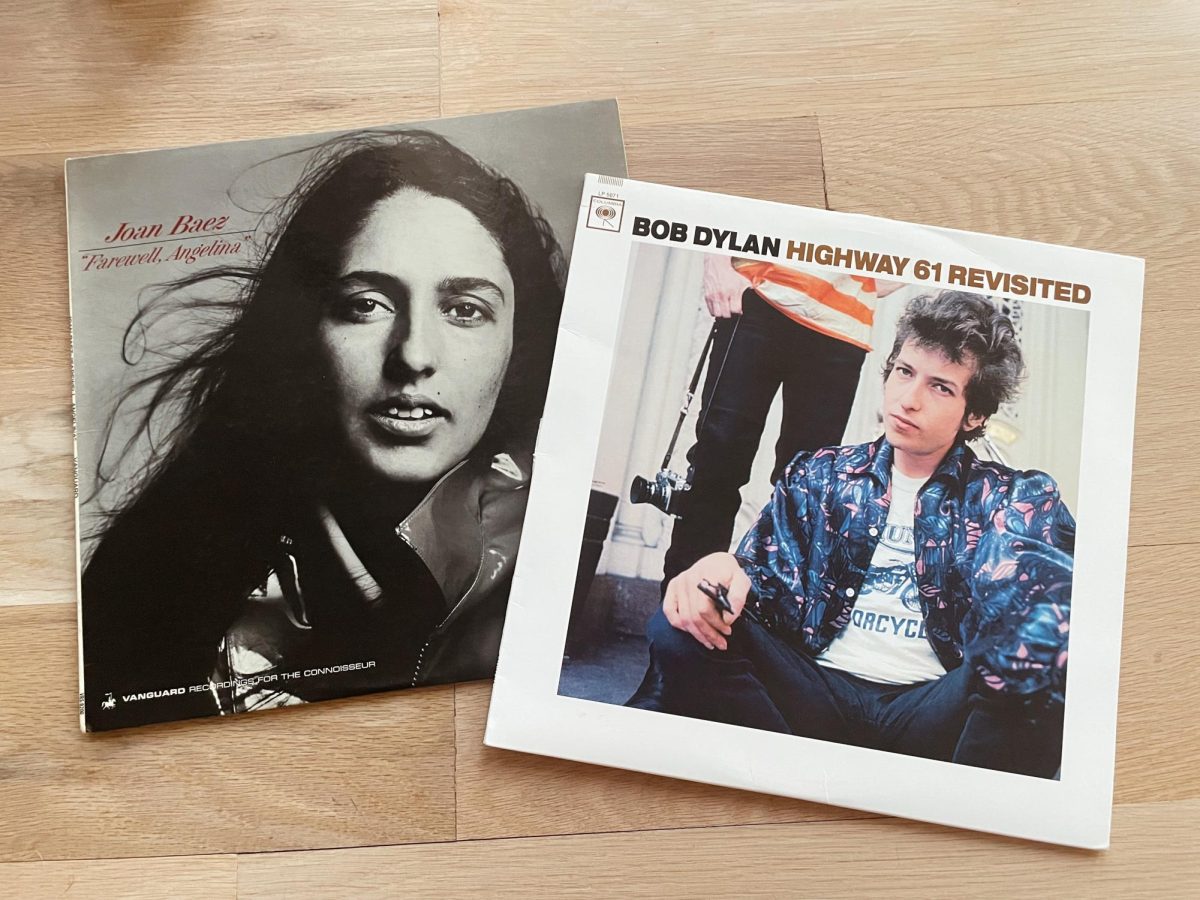In the world of classical music history, three names stand out as the face of Jewish composition: Felix Mendelssohn, George Gershwin, and Ernest Bloch. While facing social persecution, these three composers were able to shape the future of classical music as we see it today.
As a Jewish classical pianist of 5 years, it is inspirational to see the effect that these three have had on modern music. Through the intricate melodies of Mendelssohn’s “Elijah” oratorio, the complex rhythms of Gershwin’s “Rhapsody in Blue”, and the emotionally expressive depths of Bloch’s “Baal Shem: Three Pictures of Chassidic Life,” it is obvious how music has been changed for the better because of their works.

When I first started taking piano lessons, it became clear that classical music is categorized into different eras like Baroque (1600-1750), Classical (1750-1820), Romantic (1820-1900), and Modernist (1900-present). These musical eras also happened during a time of massive Jewish persecution all around the world which made it difficult for Jewish people to have a sense of unity. Luckily, these three composers offered a sense of identity within Jewish communities.
One of the first composers I learned about was Felix Mendelssohn. Born into a Jewish family, Mendelssohn experienced heavy antisemitic sentiments growing up. Despite his international success, he wasn’t safe from many of the prejudices of the time. Mendelssohn quite often faced criticism for his Jewish heritage, with some critics attacking his compositions simply because he was Jewish.

It’s hard to play piano and not know about the great George Gershwin. HBHA music teacher, Breezy Hoppenrath says, “Gershwin is one of the most influential Jewish composers in Jazz history.” Gershwin was one of and still is one of the most famous jazz composers of all time. Gershwin also encountered many antisemitic experiences while growing up, despite how popular his compositions were. Sadly, he was often overshadowed by his cultural background. When asked about cultural backgrounds Hoppenrath said, “Gershwin was able to bridge the gap between two cultures that were often neglected and abused with jazz.”
Towards the beginning of my piano lessons, I decided I wanted to learn a piece that meant something to me. Ernest Bloch, a Swiss-Jewish composer, dealt with the rise of antisemitism in Europe during the early 20th century. The events leading up to the Second World War sparked deep emotional responses which can be seen in his music. Hoppenrath also spoke about the effect persecution had on Jewish composers when she said, “…music isn’t just for fun, it’s a human thing and is affected by everything going on in the world.”















